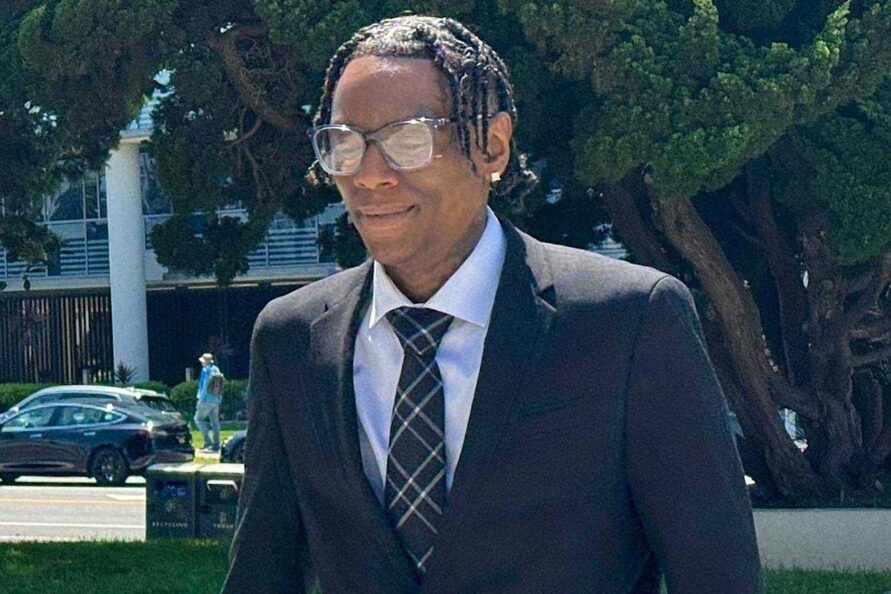Soulja Boy Found Liable in Sexual Harassment Case: Denies Wrongdoing
In a significant recent development in the music industry, DeAndre Way, better known as Soulja Boy, has been found liable in a civil case filed by his former assistant, who accused him of sexual harassment and emotional distress. A jury has ordered the rapper to pay $4 million in damages, a verdict that Soulja Boy vehemently denies, asserting that he is a victim of an unfair legal attack influenced by societal biases against successful Black men.
The Case and Allegations
The lawsuit traces back to January 2021, when the former assistant, referred to in court documents as Jane Doe, leveled serious allegations against the rapper, including claims of rape, kidnapping, and abuse while working for him. In her testimony, she described experiences of unwanted sexual advances and emotional trauma that allegedly took place during her stay at Soulja Boy’s residence.
During the trial, Soulja Boy maintained a strong defense, insisting that she was not a formal employee but rather someone who had a casual relationship with him. “She was just staying at my house, helping me do little tasks,” he stated, framing the interactions as consensual and denying any allegations of misconduct.
Despite his defense, the jury concluded that Soulja Boy was liable for emotional distress and sexual harassment, whereas claims regarding false imprisonment and a hostile work environment were ultimately dismissed.
Soulja Boy’s Response
Following the verdict, Soulja Boy took to social media, expressing his disbelief and frustration over the ruling. “If y’all think I touched that woman, y’all crazy,” he asserted in a video to his followers. He characterized the case as part of a broader attack against affluent Black men, suggesting that his financial success and ownership of his music catalog made him a target. “They mad ’cause I own my own stuff. They trying to take a n** down,” he said, further comparing his case to those of other high-profile figures in the music industry such as Jay-Z and Diddy**, claiming they too faced similar treatment.
Implications for the Music Industry
The outcome of this case has ignited discussions surrounding accountability and the influence of celebrity status within the justice system, especially when addressing sensitive accusations. The verdict raises questions about how allegations against high-profile individuals are handled and the extent to which their public persona may shape the narrative. Soulja Boy’s continued insistence on his innocence, combined with his arguments regarding systemic bias, emphasizes the complexities involved in navigating legal actions in the entertainment sector.
Notably, this case reflects broader societal themes concerning the treatment of unresolved allegations of harassment in workplaces, particularly those involving figures with substantial power and influence. As these discussions gain traction, they illuminate the ongoing challenges of ensuring accountability without undermining the due process rights of the accused.
Conclusion
As Soulja Boy prepares for the next steps, including potential appeals, the implications of this verdict are likely to reverberate beyond his personal circumstances. As the music industry grapples with themes of power dynamics, accountability, and the societal treatment of allegations, this case serves as a critical reminder of the complexities at the intersection of fame, legality, and morality.
For those interested in more about the case and Soulja Boy’s music, there is available content on his platforms, providing further insights into his artistry amidst the controversy.
This case will undoubtedly remain a focal point for ongoing discussions in both legal and entertainment circles, prompting reflection on the balance between celebrity culture and the pursuit of justice.









